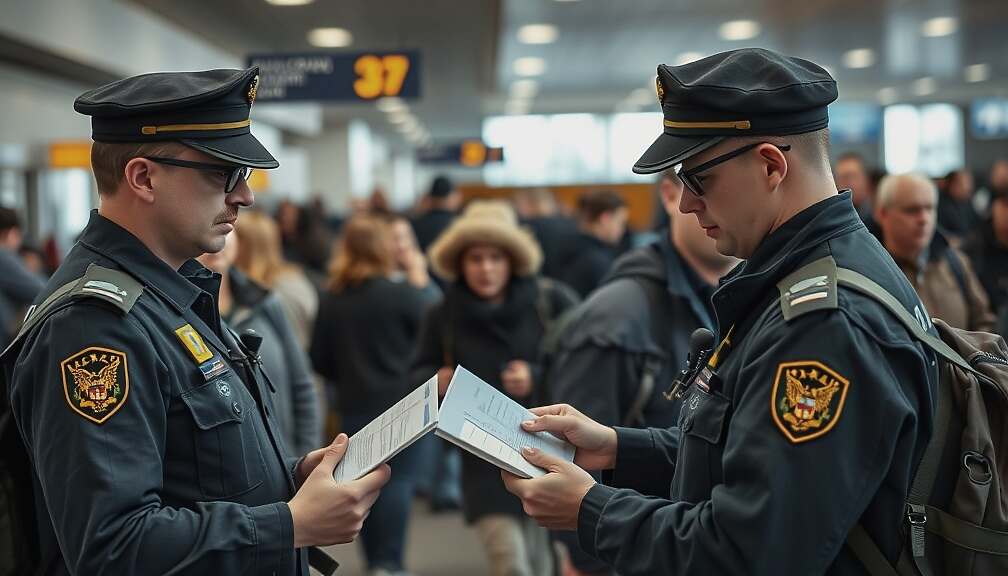Germany’s Interior Minister Alexander Dobrindt has highlighted the effectiveness of increased border controls in reducing irregular migration. According to a statement made to “Stern” magazine, the measures have contributed to a noticeable decrease in the number of people entering the country without legal authorization.
The Ministry reports that over 10,000 individuals attempting to enter Germany illegally have been turned away since the implementation of stricter controls on May 8th. Approximately 550 of those individuals had sought asylum.
Dobrindt defended the practice of turning away asylum seekers, despite a recent ruling by the Berlin Administrative Court questioning the legality of such actions. He asserted that all measures taken are compliant with both national and European law and emphasized the need for demonstrable policy impact, arguing that a perceived inability to enact change contributes to public disengagement with politics.
While avoiding a definitive timeline for the continuation of the current border regime, Dobrindt stated that its future is contingent on the implementation of the revised Common European Asylum System (CEAS), which EU member states are required to transpose into national law by June 2026. He expressed frustration with the lack of cooperation from some member states regarding the return of asylum seekers for whom they are responsible, stating that such cooperation is essential for a functioning asylum system.












